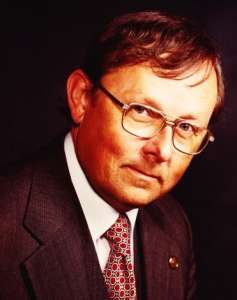 My name is Murray Eiland Jr. I was born in 1936 and attended UCLA, UC Berkeley and UCSF (MD, 1961). I worked at Napa State Hospital from 1965-2000, and then at Contra Costa County Mental Health Clinic from 2000-2011. I continue to work for the court as a forensic psychiatrist as well as consult. I am happy that I have helped many people.
My name is Murray Eiland Jr. I was born in 1936 and attended UCLA, UC Berkeley and UCSF (MD, 1961). I worked at Napa State Hospital from 1965-2000, and then at Contra Costa County Mental Health Clinic from 2000-2011. I continue to work for the court as a forensic psychiatrist as well as consult. I am happy that I have helped many people.
In my free time I became interested in Oriental rugs. With my brother (who is still in the business) I opened a rug store. I wrote several books on oriental rugs, most recently with my son, who is an archaeologist. I have always been interested in ancient cultures, and during my travels to collect rugs I visited many areas of great antiquity. It was this experience which promoted me to write the Orfeo Saga. My foray into the private investigator genre was stimulated by my time in Los Angeles.
What did you learn on your journey as an author?
There is no such thing as a finished product. I used to think that I would be satisfied with what I have written. When I read my novels again I see things I could have done better. Sometimes I see outright errors in a text that has been gone over many times before. I think my dream is to have a team of editors reading over what I write again and again. I just have to be tough enough to take criticism.
What tools or companies did you use, and what experience did you have?
Looking back I think that the most difficult thing is to find good editors. Friends and family can point out real howlers. It takes a really skilled person to understand where you what to go with a character and suggest what dialog works best. I think it can take several editors to get the job done.
Would you self-publish again?
Yes! I think that some of the most interesting books are self-published. Most of my novel reading has been self-published. I think that traditional publishers do not want to take risks on new authors or really innovative stories. I also note that my reading budget has gone down now that I can use kindle. It is a real golden age for indie books.
What do you think are the main pitfalls for indie writers?
I had such a bias against indie authors. I should have pulled the trigger earlier. I think that too many indie authors think their books are second rate. After all if you cannot find a “real” publisher there must be something wrong, right? From what I have read I think there is no reason to be overly humble about being an indie author. You need to have a high degree of confidence to publish and promote an indie book. I am still getting used to it.
Who are your biggest writing inspirations and why?
I really like the novels of the 1940s. The PI genre really had a golden age then. It was of coursrt Ne innocent by today’s standards, but many writers strove for a new kind of realism. Sherlock Holmes was a gentleman. The new era wanted heroes who were a little less constrained by social norms. They wanted gritty characters who could interact with the tougher elements of society. PI’s of the era were always facing burnout.
In my opinion Raymond Chandler understood what audiences of the age wanted to read and crafted his characters accordingly. You can even say that he helped to create characters that the public came to enjoy. Can any writer be said to be “ahead of their time?” Maybe Chandler was…
What are your plans now your book is published?
I hope that I have the energy to keep on revising what I have written and get my other books in print. I really hope my standards continue to improve. I now have so much material it is overwhelming at times.
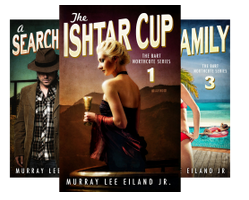 What have you learned from this experience?
What have you learned from this experience?
One of the most interesting things about writing is finding inspiration. I find that the more I write the more I have to read non-fiction. I really like to read multiple newspapers to see if anything from life can be adapted to fiction. I did not find reading about crime useful at all. I think the PI genre is primarily about strong characters.
How do you write dialog for your characters?
I think that writing dialog is very difficult. I read what I write out loud and imagine how other characters would react. Most of the time I have to edit the wording to make sure I use language that the character would use. I also carefully consider if the character is hiding something, and how they would try to disguise that. I like describing action, but really snappy dialog means that I can push the plot along with less description and more talking.
Do you have any incomplete manuscripts?
Yes. There are some books that for one reason or another I did not finish. Most of these are part of a series, and I stopped because the book either did not fit in with what I wrote or did not fit with where I wanted to go. I think the worst thing in a book series is to read a book that does not fit. Every book should move the character forward.
How do you manage minor characters?
I have always enjoyed writing about interesting “supporting” characters. In some ways I think that a book is more about how people interact with each other and not just about a few central characters. More than once a reader has suggested that I write better “minor” than “major” characters. I counter by saying that in my books I think all characters are equally important, even if they make an appearance in a few paragraphs.
Links
Author Site
Facebook
Amazon
Goodreads
Get an Editorial Review | Get Amazon Sales & Reviews | Get Edited | Get Beta Readers | Enter the SPR Book Awards | Other Marketing Services


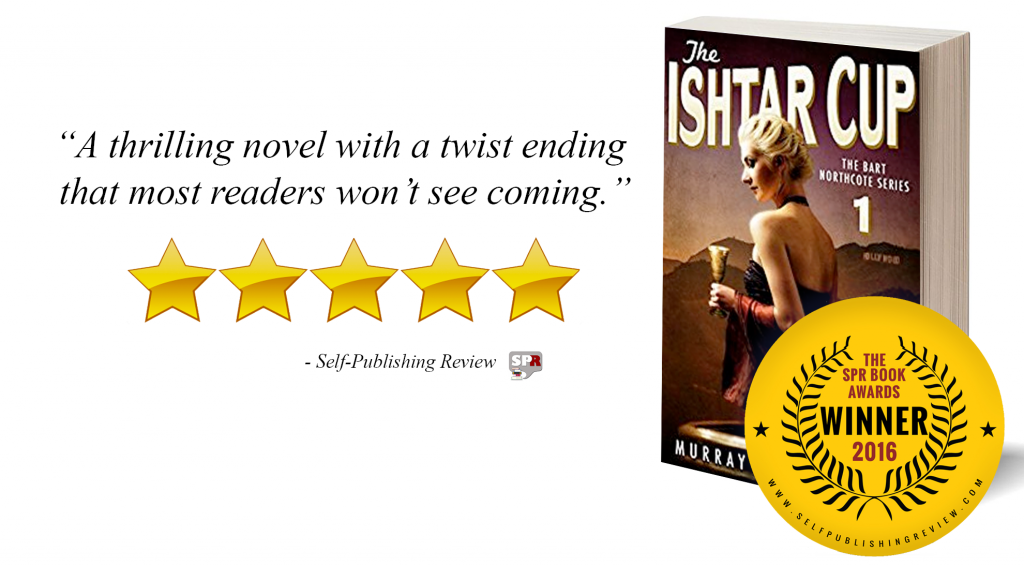
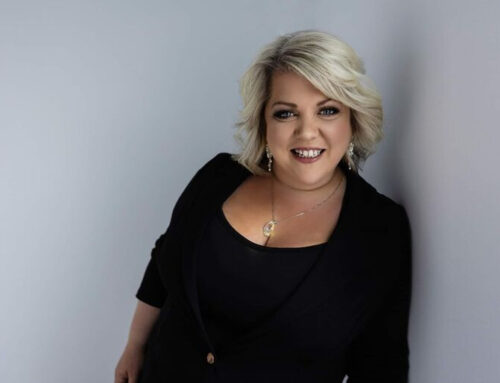
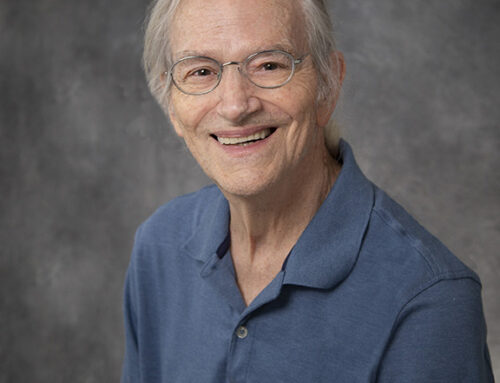
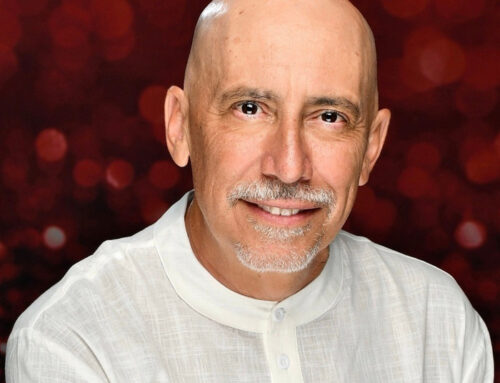
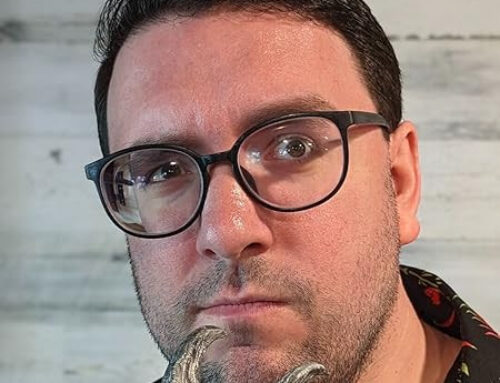
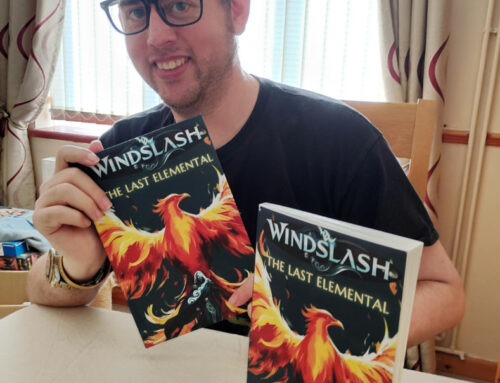
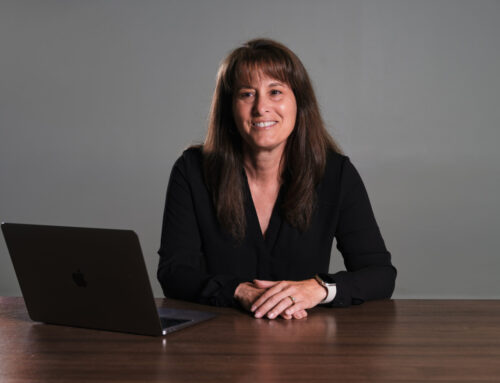
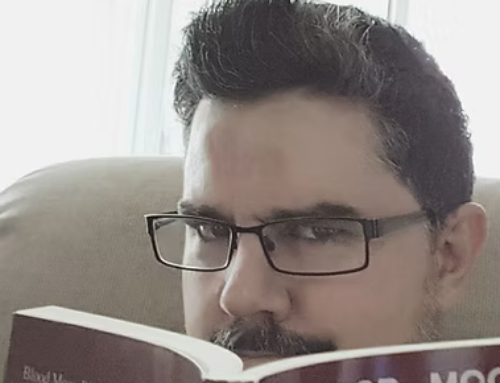

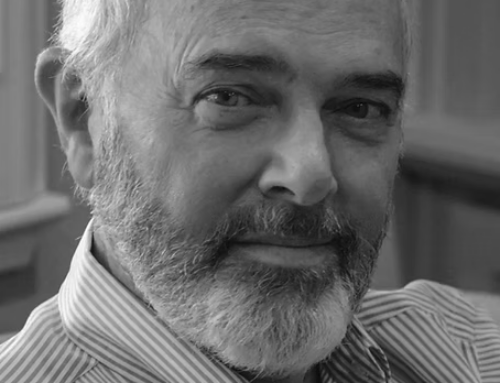











Leave A Comment